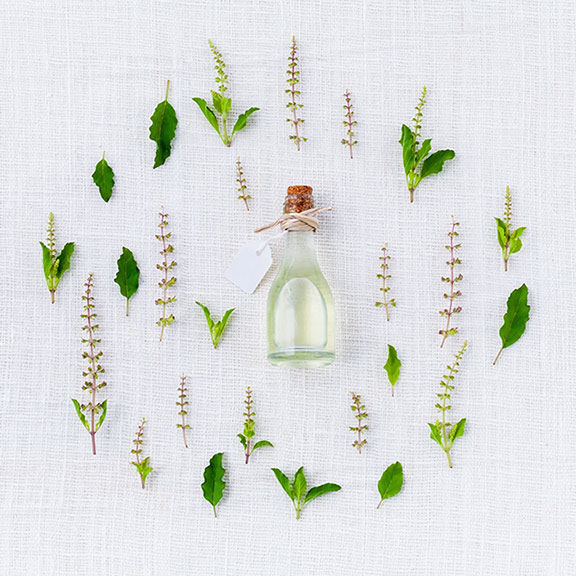By Janice Ladnier//
If you have ever taken medication for depression or anxiety, you’re not alone. More than 70 million Americans spend more than $2.3 billion each year on drugs designed to balance mood. And, many more have refused these drugs either because they don’t seem to help, or because of the long list of potential side effects, including a 2014 study that found 71.4 percent of psychiatric drugs show evidence of carcinogenicity in animals. Some people have found a more natural way to maintain emotional balance by using essential oils (also known as aromatherapy).
Our sense of smell is 10,000 times stronger than any of the other human senses, and the memories associated with aroma are the most vivid and last the longest. The human brain is designed to use aroma to soothe and balance itself. We have used aromatic plants for thousands of years to help lift our spirits and relieve stress and anxiety, and with no adverse side effects.
Inhaling the aromatic compounds in essential oils causes the brain to release specific chemicals. For example, lavender triggers serotonin, which has a relaxing effect on the mind and body. Just smelling a lavender blossom can help promote peace of mind, and inhaling lavender essential oils can have an effect up to 70 times greater. Many studies have demonstrated the safety and efficacy of using essential oils to manage mood. For details, search for specific plants or mental health concerns on the National Institutes for Health’s website at pubmed.gov.
Here are just a few of the essential oils that are most commonly used for emotional balance:
- Anxiety/fear/worry: Basil, Cassia, Cilantro, Cinnamon, Cypress, Frankincense, Juniper Berry, Lavender, Myrrh, Sandalwood, Vetiver, Wild Orange
- Depression: Bergamot, Geranium, Lavender, Melissa, Peppermint, Ylang Ylang
- Grief: Bergamot, Clary Sage, Cypress, Geranium, Lavender, Lemon, Lime, Roman Chamomile, Vetiver
- Mental Exhaustion: Basil, Clary Sage, Eucalyptus, Lemongrass, Peppermint, Rosemary, Wild Orange
- Sleeplessness: Clary Sage, Lavender, Roman Chamomile, Vetiver, Ylang Ylang
- Stress: Basil, Cedarwood, citrus oils (including Bergamot, Lemon, Tangerine and Wild Orange), Clary Sage, Frankincense, Lavender, Roman Chamomile, Sandalwood, Vetiver, Ylang Ylang.
When choosing the best essential oils for you, be sure you use the highest quality oils you can find. Most essential oils contain synthetics and other additives. There are no regulations governing the labeling or contents of essential oils, so be sure to do your own research on the brands you use. If an essential oil is significantly less expensive than other brands, there is probably a good reason.
It can be helpful to keep a journal to track changes in your mood when using essential oils. You may find an aroma that seems unpleasant to you at first may become one of your favorites after you use it for a while. This can be a sign that aromatherapy is helping to balance your mood and your essential oils are passing the smell test!
Tips for using essential oils for emotional support:
- Do not stop taking your prescription medications except as directed by your doctor.
- Less is more. Use a very small amount consistency instead of using a lot all at once.
- Use a diffuser to dispense the oils in a fine mist in your bedroom overnight or apply topically behind ears, on temples, on back of neck or on pulse points.
- Some essential oils must always be diluted before applying topically.
- Avoid getting essential oils in your eyes.
- Check for any safety precautions. For example, some oils are not recommended if you have hypertension or epilepsy, or if you are pregnant or nursing.
Janice Ladnier is an aromatherapy specialist and mental health professional offering private consultations and ongoing classes on using essential oils. She can be reached at Coast Health & Nutrition in Gulfport or by phone at (228) 731-7731


